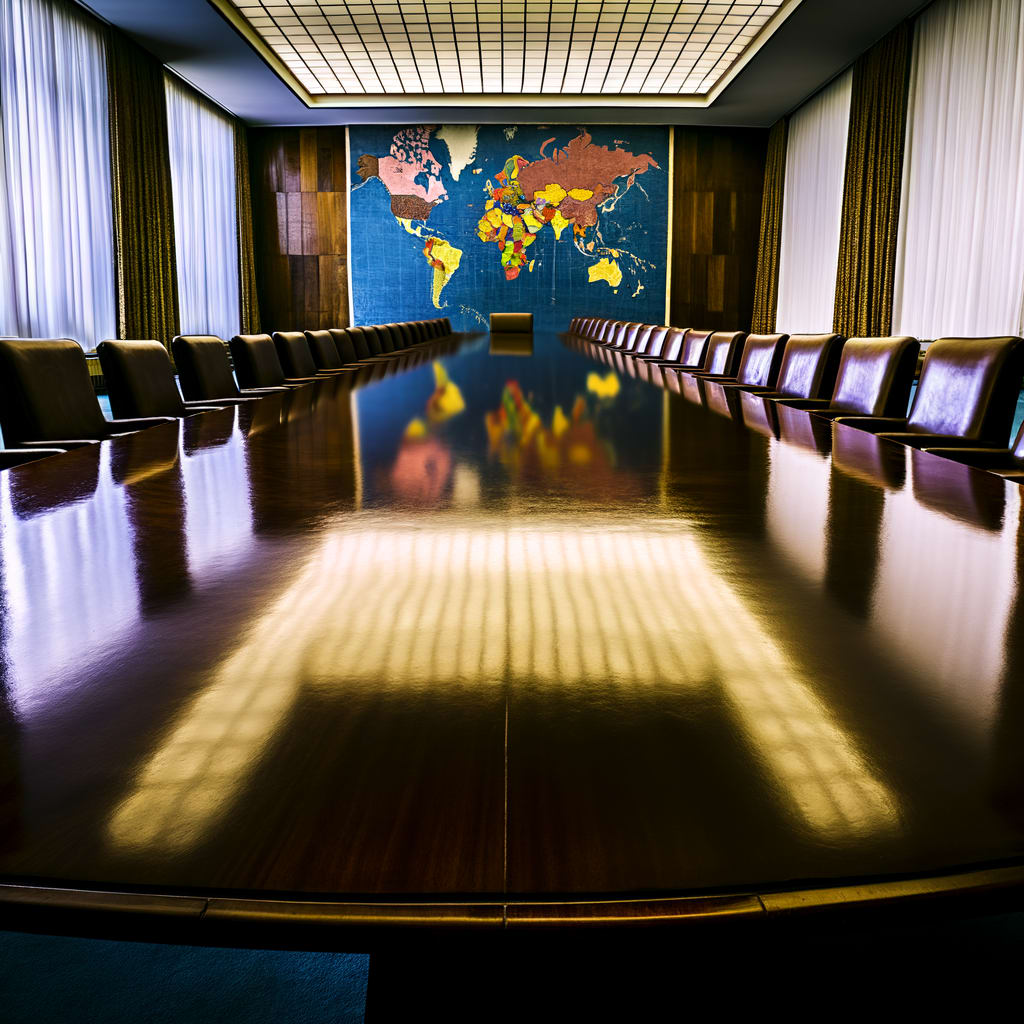US Withdraws from UNESCO Amid Controversy
In a move that has provoked international controversy, the Trump administration announced on Tuesday that it would withdraw the United States from the United Nations Educational, Scientific, and Cultural Organization (UNESCO). The decision was made over the organization's alleged 'bias against Israel' and its backing of 'divisive social and cultural causes'.
Background
The US has had a tumultuous relationship with UNESCO. The Trump administration had previously withdrawn from the organization during its first term, a decision that was later reversed under the subsequent Democratic administration of President Joe Biden. However, this latest move signifies the administration's return to its staunch 'America First' foreign policy stance.
Reasons for Withdrawal
The State Department, represented by spokesperson Tammy Bruce, stated that the US found UNESCO's inclusion of Palestine as a member state 'highly problematic'. This decision, according to the State Department, has contributed to the proliferation of 'anti-Israel rhetoric' within the organization. Moreover, the US administration views the organization's focus on the UN's Sustainable Development Goals as a 'globalist, ideological agenda' at odds with American interests.
The Palestinian Authority, representing the State of Palestine, has branded the US's withdrawal as an 'unacceptable politicisation' of UNESCO's work. In a statement, it said, Palestine firmly rejects the justifications provided by the United States for its withdrawal.
International Reactions
The international community has voiced varying responses to the US's decision. Russian expert Alexey Borisov argued that the US cannot withdraw from UNESCO without exiting the United Nations entirely, implying an impact on cultural exchanges and the preservation of historic heritage sites.
China, a firm supporter of UNESCO, criticized the US's behavior as not being that of a 'responsible country'. The New York Times reported that Washington had previously acted as a buffer against China's attempts to use UNESCO to influence education, historical designations, and artificial intelligence.
Conclusion
The US intends to complete its withdrawal process by 31st December 2026. The move has reignited debates around international cooperation, national interests, and the role of global institutions in a rapidly changing world. As the situation develops, the international community awaits to see how this decision will impact the future of UNESCO and the broader geopolitical landscape.

